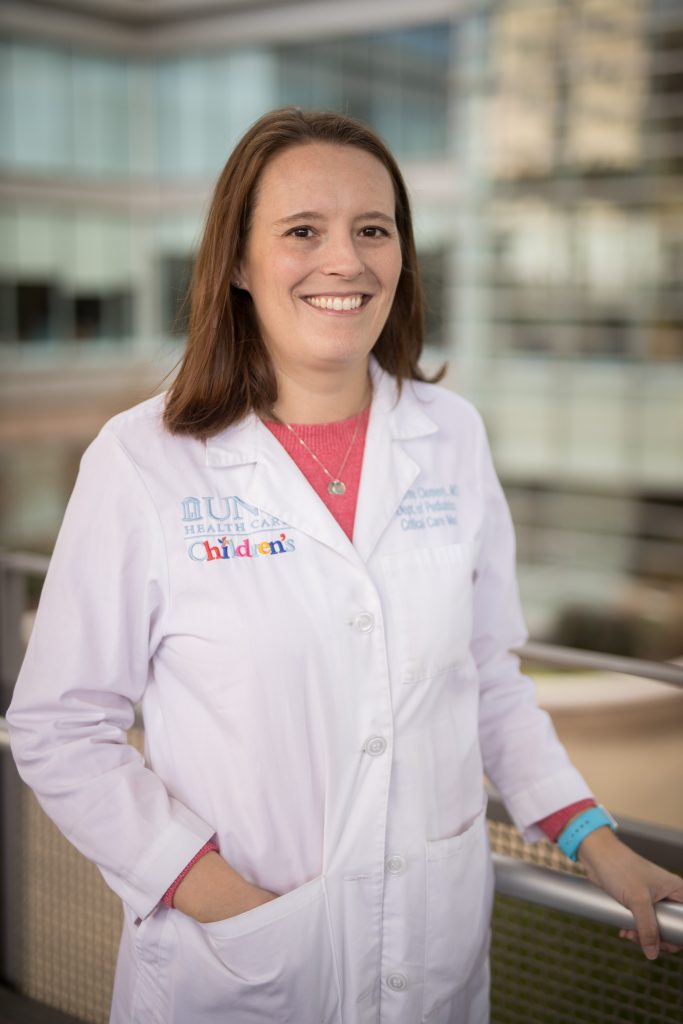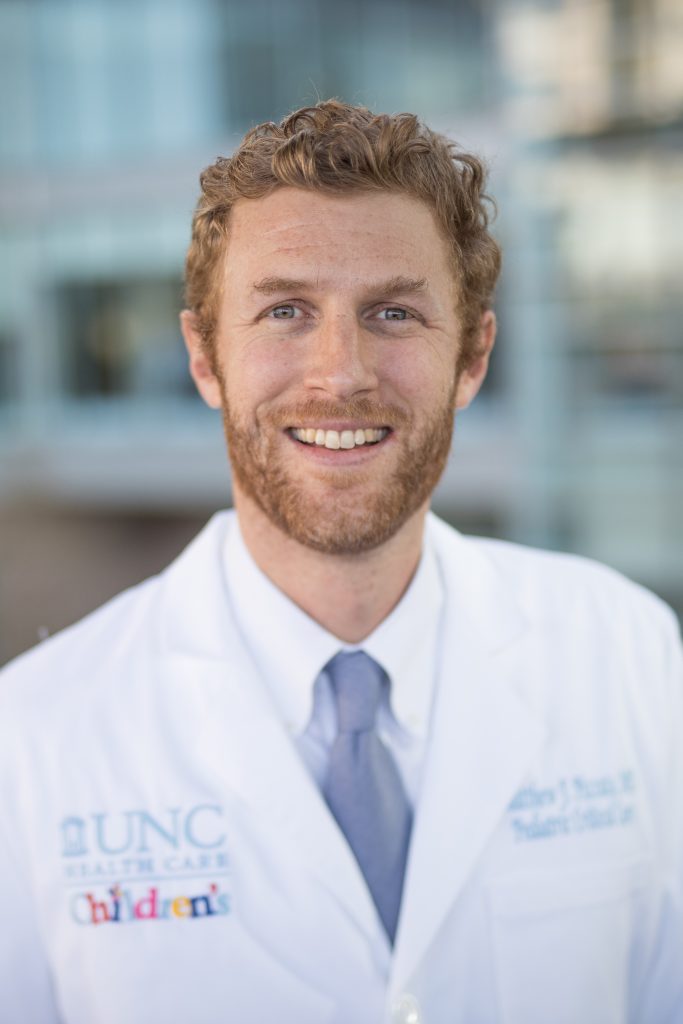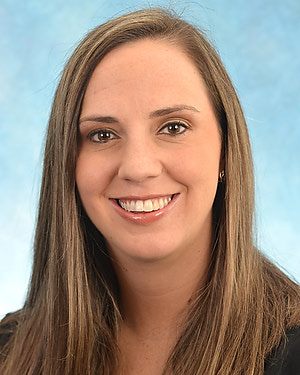

Katherine Clement, MD
Associate Professor
The effective care of children with critical conditions, is an important and growing pediatric subspecialty. The number of pediatric intensivists, pediatric intensive care units (PICUs), and PICU beds in the United States has increased in recent years. Research into a variety of critical care medicine issues such as the effectiveness of treatment protocols, long-term effects of critical illnesses, and pharmacological complexities, is essential to the ongoing successful care of critically ill or injured children.
ARDS in Children and ECMO initiation strategies impact on Neuro‐Development. Enrolling patients with ARDS who get cannulated for ECMO who were not enrolled in PROSPECT and looking at their developmental outcomes. Contact: Katie Clement
Looking at the effects of COVID‐19 in symptomatic pediatric patients hospitalized with acute COVID and with MIS‐C. Multi‐center study trying to answer why some kids get really sick and others do not. Involves 1 blood draw (usually timed with other daily labs), and one nasal swab plus a tracheal aspirate if intubated. Contact: Stephanie Schwartz & Tracie Walker.
Prone and Oscillation Pediatric Clinical Trial. Looking at protocolizing strategies for management/treatment (including prone positioning, oscillator) of pediatric ARDS and seeing which research-based strategy is most effective at preventing mortality and decreasing length of mechanical ventilation. Also looking at long term developmental outcomes. Contact: Katie Clement, Stephanie Schwartz. Nursing Champion: Joy Hazard. RT Champions: Lisa Delvecchio and Traci Ockomon.
A multicenter and multidisciplinary project focusing on early mobilization of our pediatric critically ill children. This project focuses on sedation minimization, delirium prevention, standardization of spontaneous breathing trials, frequent involvement by PT and OT teams and family participation to minimize the morbidities of critical illness.
For more information, please contact Tracie Walker.


Associate Professor


Assistant Professor


Assistant Professor


Assistant Professor